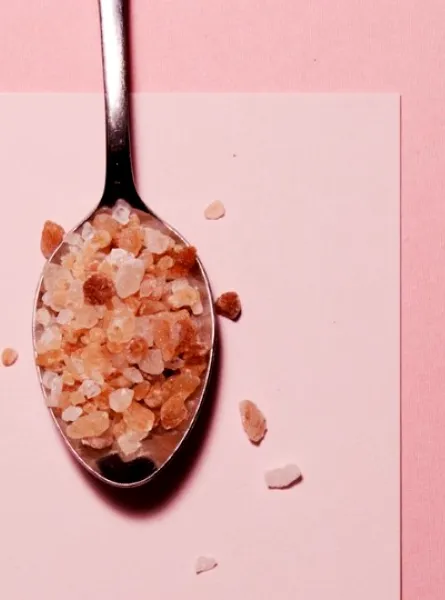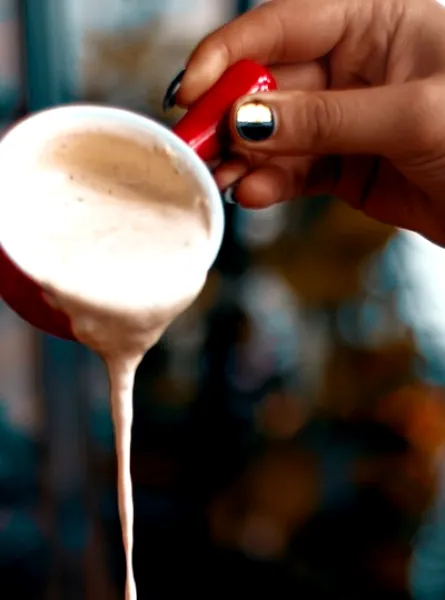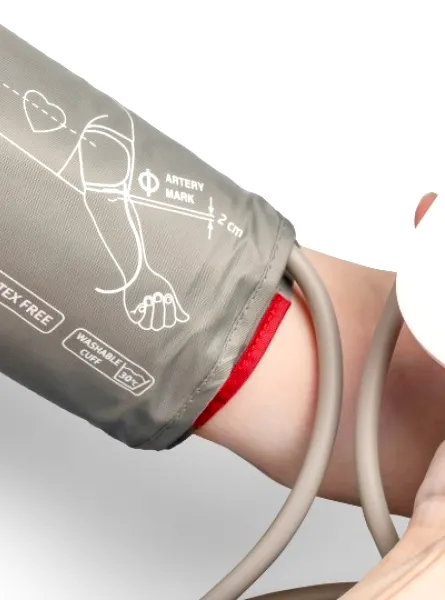
Healthy eating plays an essential role during the treatment of cancer. While you fight against cancer, your body spends a lot of energy to defend itself and to support side effects led by treatments. Adequate nutrition will therefore promote healing, support immune function and your energy levels to help you feel at your best.
1. Have a Sufficient Intake of Energy
The treatment of cancer significantly increases your energy needs. Opting for energy rich foods will help prevent involuntary weight loss.
Here are a few calorie rich foods : avocados, full-fat dairy products (yogurt or cheese with 2% m.f. or more), ice cream, whipped cream, sour cream, non-hydrogenated margarine, oils, sauces, nuts and seeds, peanut butter or other nut butters, dried fruit, jams, maple syrup, pasteurized honey, bread, nutritional supplements such as Resource 2.0, etc.
2. Increase Protein Intake
Protein, in sufficient amounts, plays a crucial role in healing because it promotes cell growth but also supports the immune system.
Fish, poultry, meat, eggs, legumes (beans, peas, lentils), tofu, nuts and seeds, peanut butter or other nut butters, milk, enriched soy milk, yogurt, cheese, protein powders, nutritional supplements such as Ensure Enlive, etc. are good sources of protein.
3. Drink Enough Liquid Every Day
The total amount of liquid can be filled with water and other drinks such as hot chocolate, coffee, tea, herbal tea, etc. Drinks such as Ensure®, Boost® ou Ressource 2.0 etc. are also practical and nutritious options, especially if you are less hungry.
Don’t Forget To ...
- Prevent food poisoning, given the fragility of your immune system, by avoiding raw or undercooked meat, poultry, shellfish and fish, raw eggs or eggs with runny yolk, soft and uncooked cheeses and unpasteurized dairy or honey.
- Have easy to prepare, nutritious food on hand to subsist on more difficult days such as bread, peanut butter, eggs, granola, protein bars, muffins, dry or canned fruit, nuts and seeds, soups, canned fish, frozen meals, instant oatmeal, cereal, cheese, yogurt, pudding and high-energy drinks like Ensure or Boost.
- Avoid skipping meals. If you’re less hungry than usual, take snacks throughout the day.
- Be careful about dietary supplements that have not been verified for safety and may interact with cancer treatments. Do not take them without the advice of your healthcare team.
- Pay attention to alcohol, which can interact with certain treatments or drugs used against cancer. If you wish to drink some, discuss it with your healthcare team prior to consuming.
- Staying active as much as possible is always beneficial to stimulate appetite.
- Limit refined sugar, bad fats, salt, alcohol and deli meats, that can promote precancerous cell formation.
NB : If you have trouble eating well or managing symptoms associated with the treatments, consult a professional dietitian - nutritionist to have a personalized plan for you.





